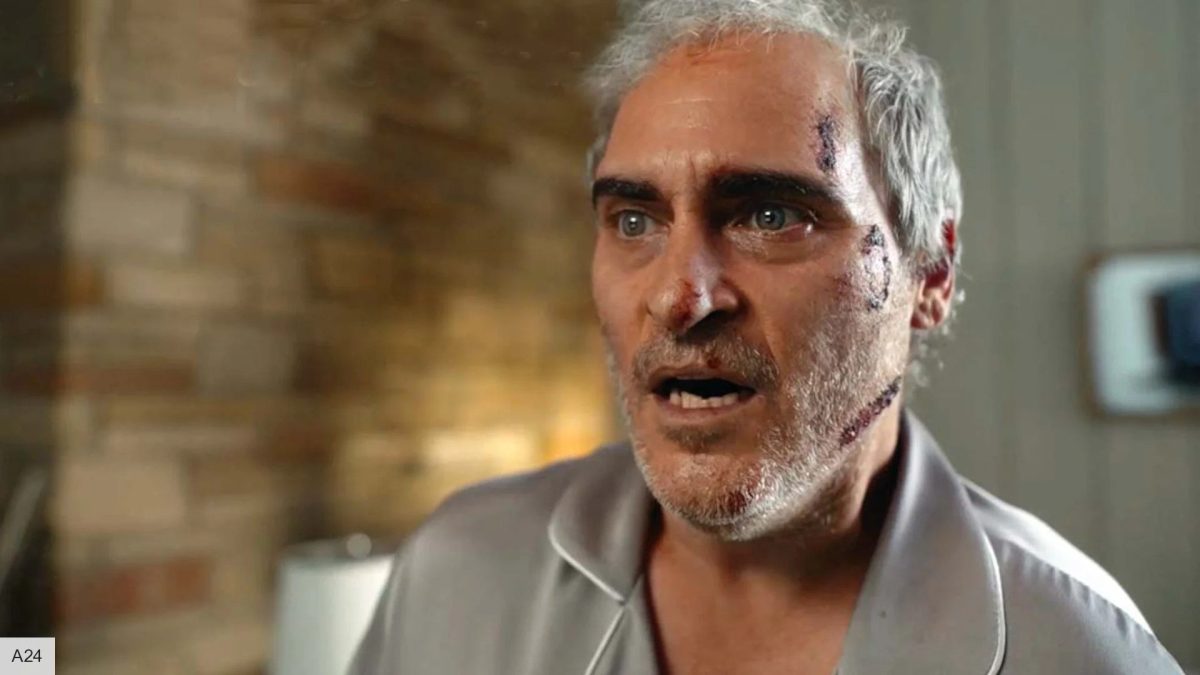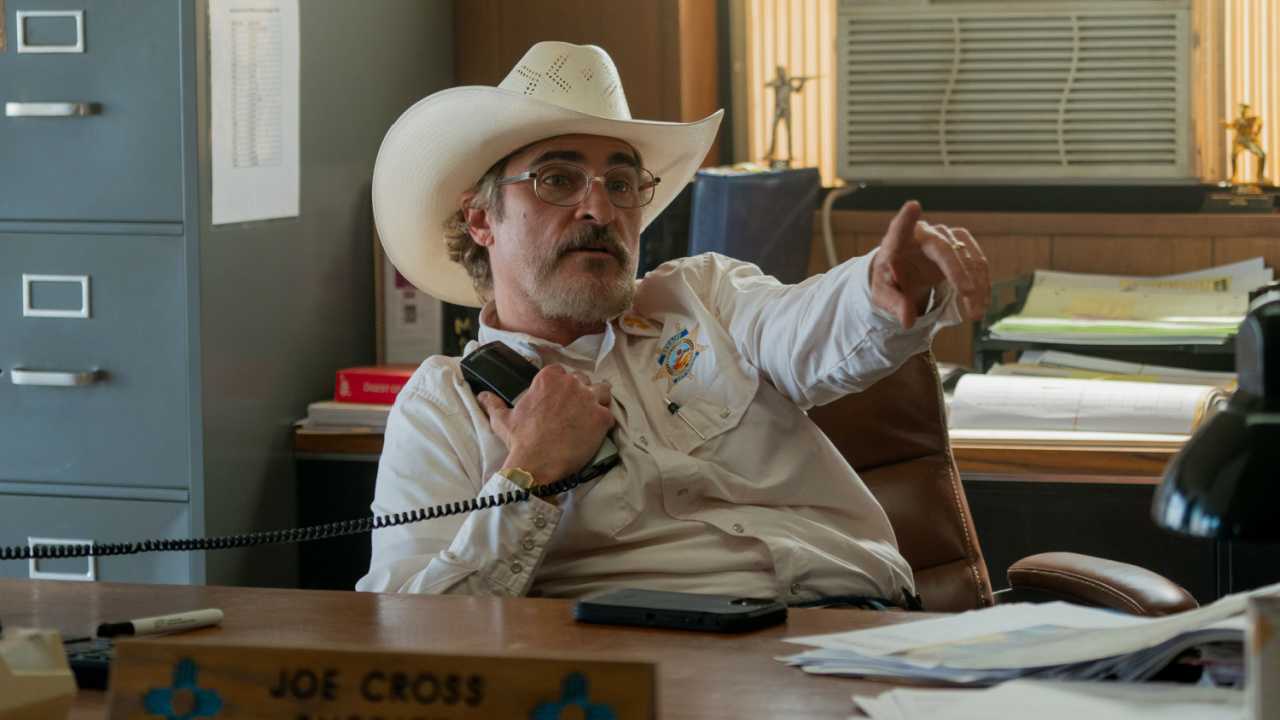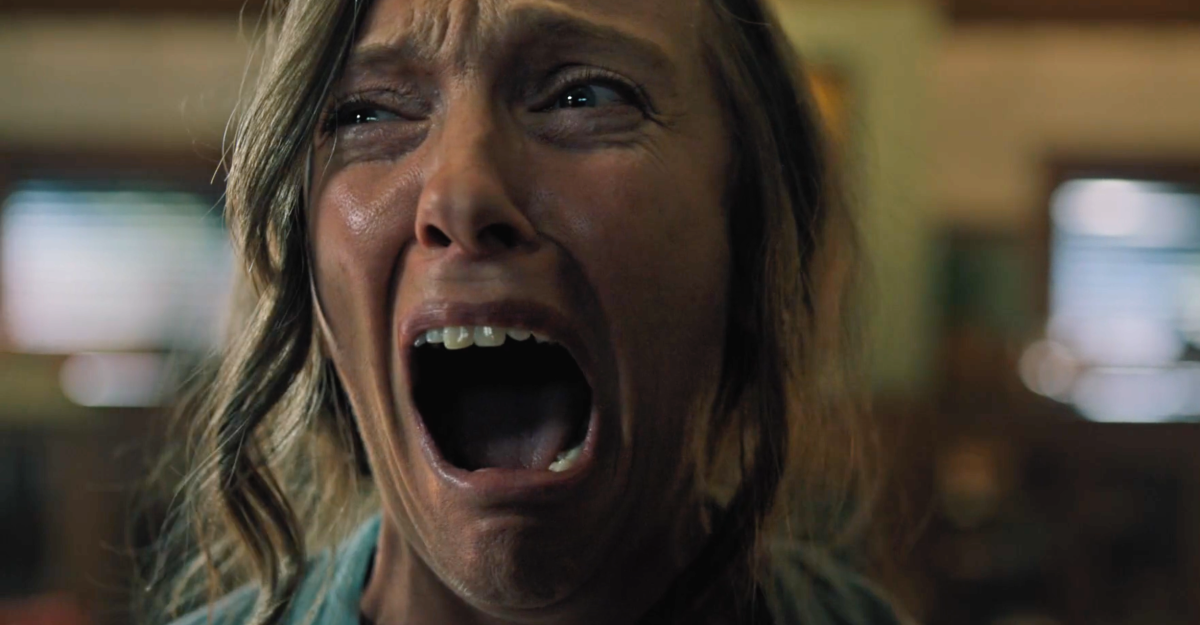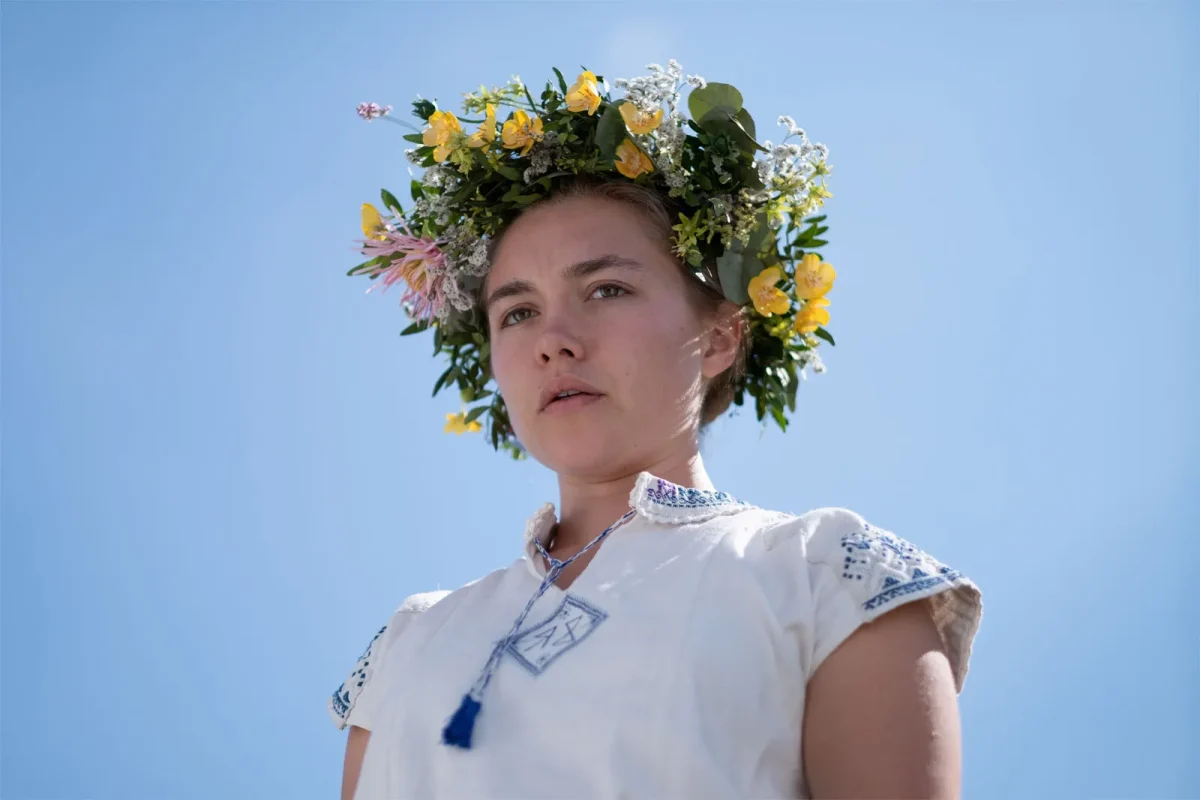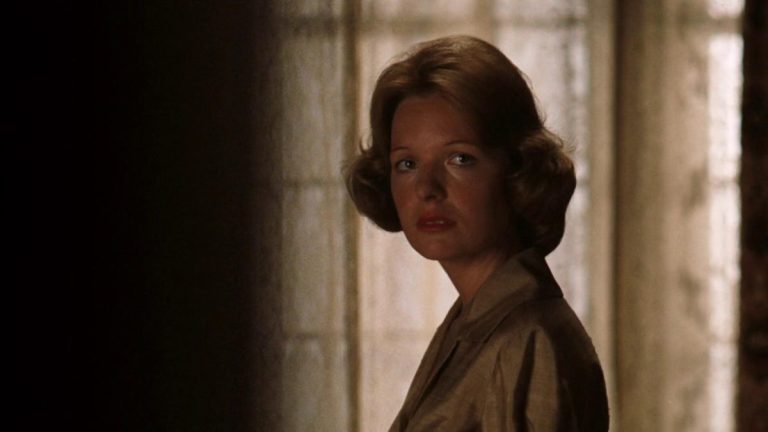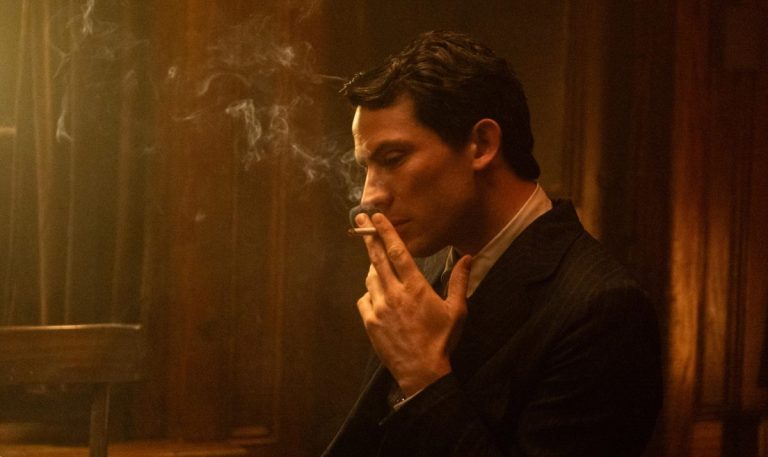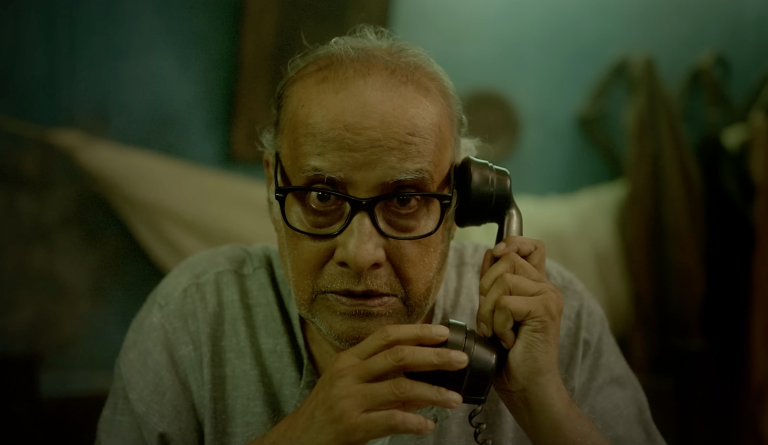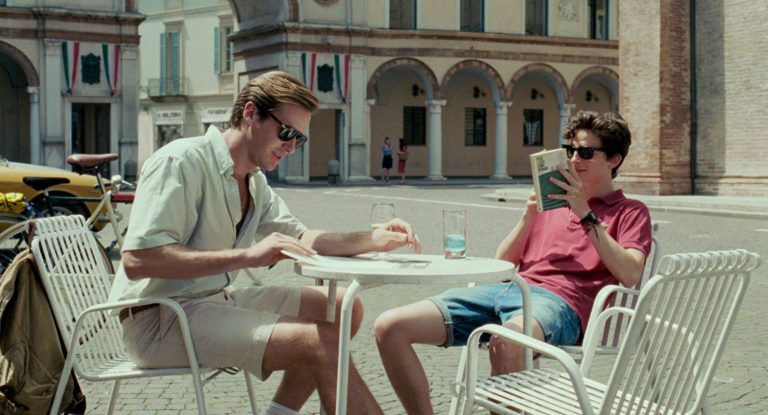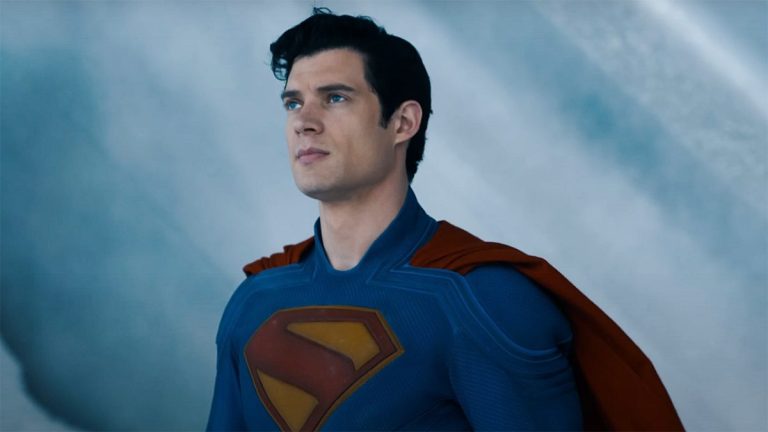Although there has been growing enthusiasm for rising horror auteurs like Jordan Peele, Robert Eggers, Mike Flanagan, and Coralie Fargeat, no filmmaker has elicited quite as extreme of response as Ari Aster. While Aster’s talent was evident from some of his early, disturbing short films, his work within features has raised the threshold for upsetting content.
There’s certainly an art to being transgressive for the sake of attention, but Aster has woven in delicate stories about human fragility and developed consistent working relationships with some of the industry’s finest actors. It’s far too early to judge whether Aster is the heir apparent to filmmakers like Tobe Hooper or Wes Craven, but he has earned enough name recognition that any of his upcoming projects has become an event worthy of anticipation.
Aster’s aptitude for prolonged, uncomfortable sequences that get under the audience’s skin may now have been replicated by other emerging directors, but he’s a far more self-aware filmmaker than he is often given credit for. Aster often has a sneaky sense of humor, as he’s more than willing to examine the complex, disgusting, and unlikable aspects of humanity.
Some may have grown tired of the didactic choices that he has continuously made. However, to Aster’s credit, his four films thus far have been very unique. Even if they all fall into the “horror” genre, they have wildly different influences, themes, and approaches. Love him or hate him, Aster’s films always start passionate conversations. Here is every Ari Aster movie, ranked.
4. Beau is Afraid (2023)
It’s often that filmmakers who have earned sizeable success early on in their career are allowed to pursue a passion project that seems designed to disturb and antagonize their audience; in the tradition of Richard Kelly’s “Southland Tales,” Steven Soderbergh’s “Solaris,” Damien Chazelle’s “Babylon,” or William Friedkin’s “Bug,” Aster crafted a baffling, cryptic odyssey into the mind of an unhinged protagonist with “Beau is Afraid.” Joaquin Phoenix has always been an actor who has been both praised and chastised for his bold decisions, and he may have been the only performer brave enough to play the pathetic, obnoxious titular character in “Beau is Afraid.”
While it features a depiction of apocalyptic chaos that feels far more unsettling than many more traditional horror films, “Beau is Afraid” is deeply hilarious, as it points out the absurdity within its surreal adventure story. “Beau is Afraid” is not dissimilar from Golden Age Hollywood classics like “The Wizard of Oz” or “Sullivan’s Travels” when it comes to its narrative structure, but it is distinct in its mean-spirited humor, which is often at the expense of its protagonist.
While the three-hour running time may have been a bit too oppressive, even if the film’s point is to wear down its audience’s patience, there is such beauty to the formal craft of “Beau is Afraid” to dismiss it entirely. It’s a film that almost instantly announced itself as a future cult favorite and has received glowing endorsements from such established filmmakers as Martin Scorsese, John Waters, Bill Hader, Robert Eggers, and Adam Wingard.
Also Read: Beau is Afraid (2023) Movie Ending Explained
3. Eddington (2025)
Aster has often used the guise of the supernatural to tell intimate stories about trauma and grief, but “Eddington” is shockingly direct in how it addresses the events of 2020, in which the COVID-19 pandemic saw society further splinter into disenfranchised groups.
The collective fear and confusion about the notion of an inexplicable virus that had spread across the globe didn’t just make people vulnerable, but inspired further stratification down lines of conflict; political factions warred about the role of self-governance, fringe conspiracy theorists gained newfound legitimacy, youths were given the opportunity to completely reject the ideology of their parents’ generation, and protests about police brutality deepened the history of racial conflict. The violence is inevitable in “Eddington,” and Aster slowly twists the knife as he examines how easily combustible each situation is.
“Eddington” is deeply inspired by westerns, with Phoenix’s performance as the temperamental Sheriff Joe Cross standing in for John Wayne’s iconic role as Major Ethan Edwards in “The Searchers.” If Ethan used the excuse of his niece’s capture to justify his racial conquest, Cross decides to attack those who have undermined his authority based on the abuse suffered by his wife, Louise (Emma Stone).
“Eddington” is almost certain to provoke infuriated responses, as Aster spares no expense in lampooning how easy it became to hide behind slogans and simple solutions. Darkly hilarious and devoid of optimism, “Eddington” is a film for the moment that explores reality in a blatant sense, yet remains wise enough not to invoke specific takeaways.
Also Read: Eddington (2025) Movie Review
2. Hereditary (2018)
“Beau is Afraid” and “Eddington” are both fascinating experiments that allowed Aster to test the waters with social satire, but these have only been possible because he has already proved himself as a master of horror. While it owes a tremendous debt of gratitude to “The Exorcist” and “Rosemary’s Baby,” “Hereditary” is an uncompromising examination of family tragedy that ventures into deeply uncomfortable conversations about inevitability and culpability.
A shocking twist in the middle of “Hereditary” may be the single most disturbing moment in contemporary horror, and it’s not just because of the visceral imagery involved. Aster successfully set up a realistic family unit with recognizable dynamics and proceeded to build horror mythology on top of experiences that felt shockingly real.
“Hereditary” has become renowned for the now legendary performance by Toni Collette, whose bravery in playing a tormented mother makes it all the more disappointing that she did not earn an Academy Award nomination for Best Actress. However, Alex Wolff’s performance as her snotty, entitled son should earn the same amount of praise, as it’s a character whose worst tendencies don’t prevent him from being sympathetic by the time that the film reaches its chilling conclusion.
“Hereditary” falls just short of being an all-time classic because of its somewhat undercooked third act, in which the demonic storyline is thrust in a bit abruptly. Nonetheless, it’s rare to see a debut filmmaker show such confidence in their vision, as the praise “Hereditary” was met with has defined Aster’s career.
Must-Read: The 50 Best A24 Movies
1. Midsommar (2019)
If “Hereditary” was Aster’s reinvention of the “Satanic Panic” films of the 1970s, “Midsommar” is a brilliant modernization of folk horror that is both culturally specific and astute in its observations about traumatic relationships. In what may be one of the most distressing breakup films ever, “Midsommar” examines how hard it is to move outside of one’s comfort zone, even if it constantly proves to be an active threat.
“Midsommar” is just as actualized as “Hereditary” when it comes to its characterization, but it’s also proof that Aster knows how to be entertaining. While there may be too many graphic moments to characterize “Midsommar” as a “fun” movie in a traditional sense, it’s hard not to get swept away by the strange descent into madness as it continues to get stranger.
Aster provides a perfect audience avatar character in Florence Pugh’s Dani, a young woman struggling to support her boyfriend Christian (Jack Reynor) during a research trip to a Swedish festival. If “Hereditary” asked the audience to examine how dehumanizing the grieving process is, “Midsommar” offers a sympathetic, compelling protagonist who is driven to deal with her trauma in all the worst ways.
By utilizing brightly colored visuals and painterly imagery, Aster challenges the aesthetics that are inherent to horror, and also gives time for his characters to simply “hang out.” While it’s a film that can be meticulously analyzed for its hidden nuances, “Midsommar” is also a challenging and emotionally gripping experience that grows more alluring upon each rewatch.

